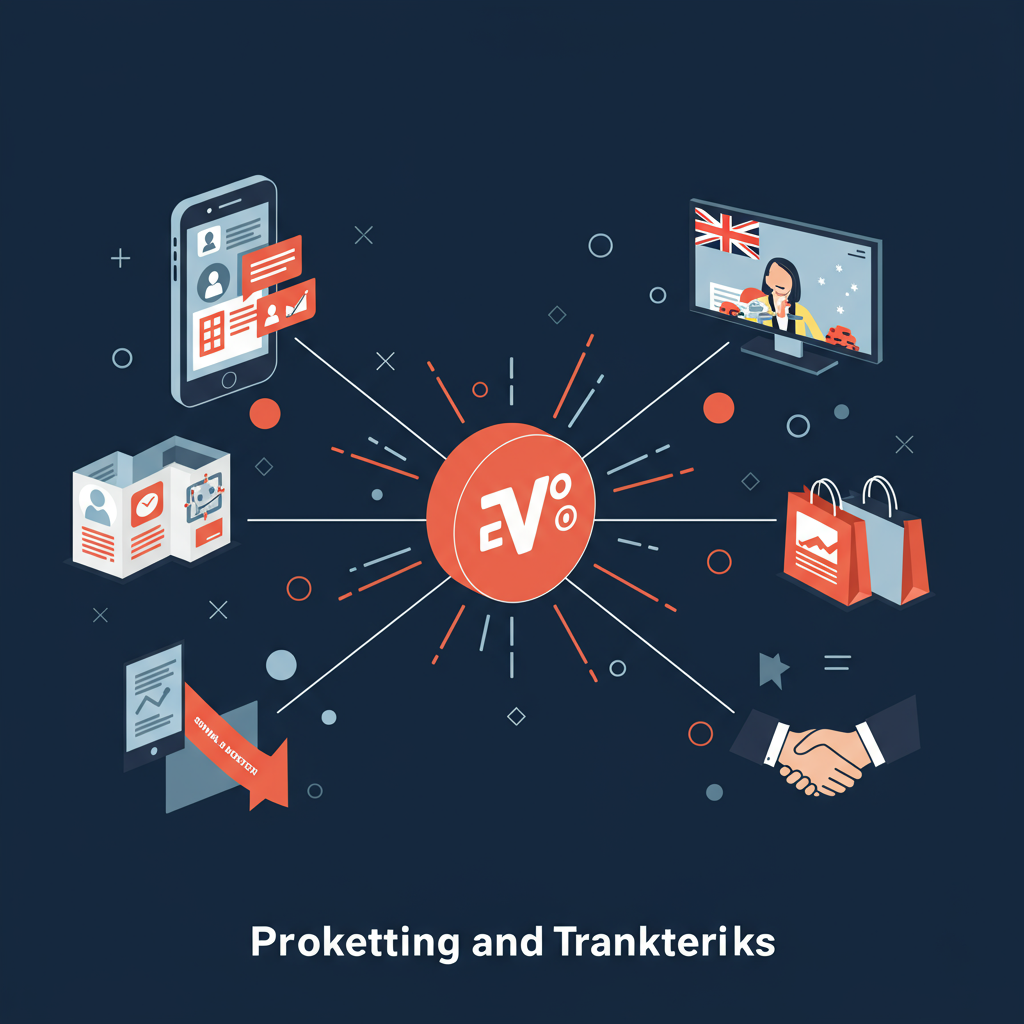Can Artificial Intelligence execute a contract?
Whilst we live in a vastly digital world computers can not enter contracts - yet.
Contracts have been used in ancient civilizations such as Egypt, Greece, and Rome, often written on clay tablets or papyrus used to establish agreements for the sale of goods, services, or property.
In the 16th and 17th centuries, English common law developed the concept of a "consideration" as an essential element of a contract. This means that both parties have to exchange something of value for the contract to be legally binding. This still remains true today.
It also must have Legal Capacity which means that two human beings must have the legal capacity to enter a contract. Until the law develops to recognise Artificial Intelligence as having distinct legal personality these are 5 key elements of constructing a contract between human beings or businesses with legal capacity.
1. Offer: One party makes an offer to another party. This offer must be definite and clear in its terms and conditions.
2. Acceptance: The other party accepts the offer, either expressly or by conduct. The acceptance must be unqualified and must correspond to the terms of the offer.
3. Consideration: There must be a benefit or detriment that is exchanged between the parties. This is known as consideration and is usually in the form of money, goods, or services.
4. Legal capacity: Both parties must have the legal capacity to enter into the contract. This means they must be of legal age, mentally competent, and not under duress or coercion.
5. Legal purpose: The contract must be for a legal purpose. Contracts that are illegal or against public policy are not enforceable.
Myself and colleague Conni Warren will be exploring the fundamentals of corporate writing and contracts for success next week in Darwin.
If you would like to join and learn of 5 further fundamentals of contract success. I have posted a link to the eventbrite below.
All beings and open artificial intelligence, most welcome!











